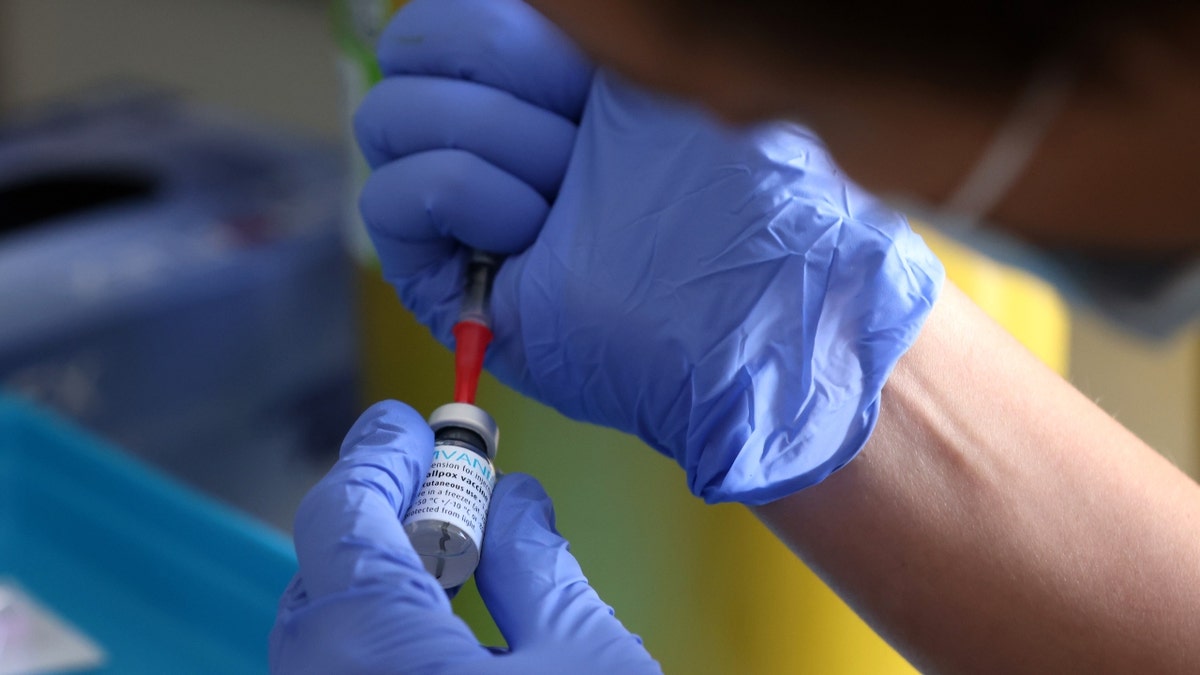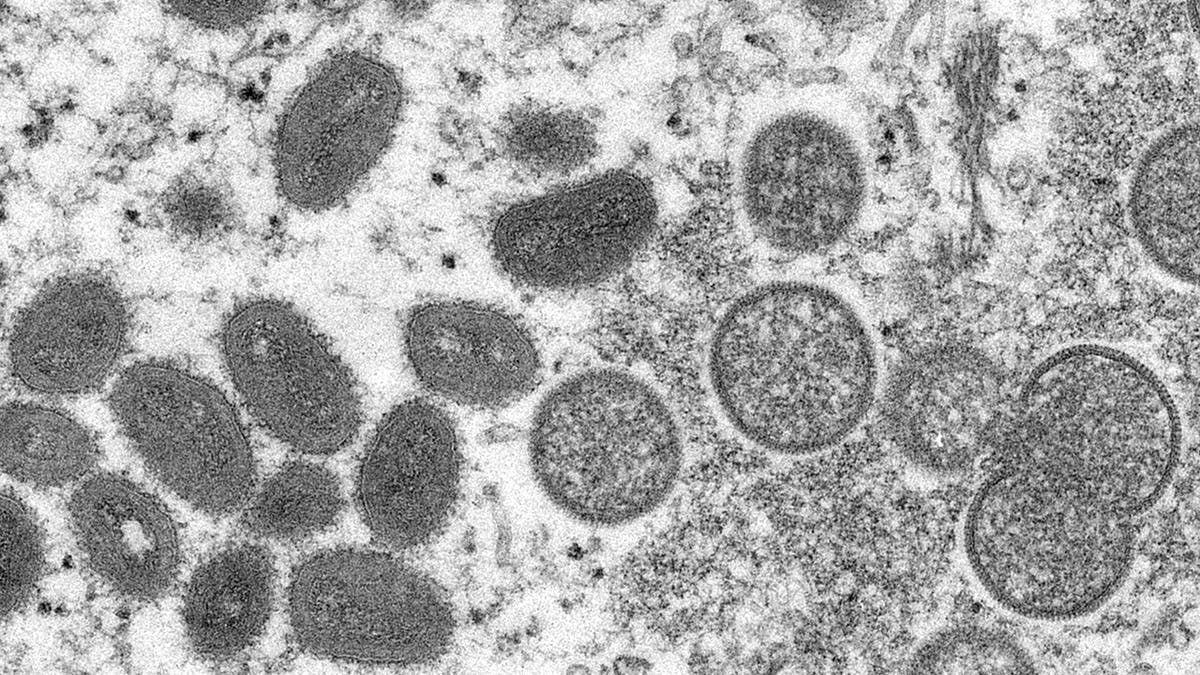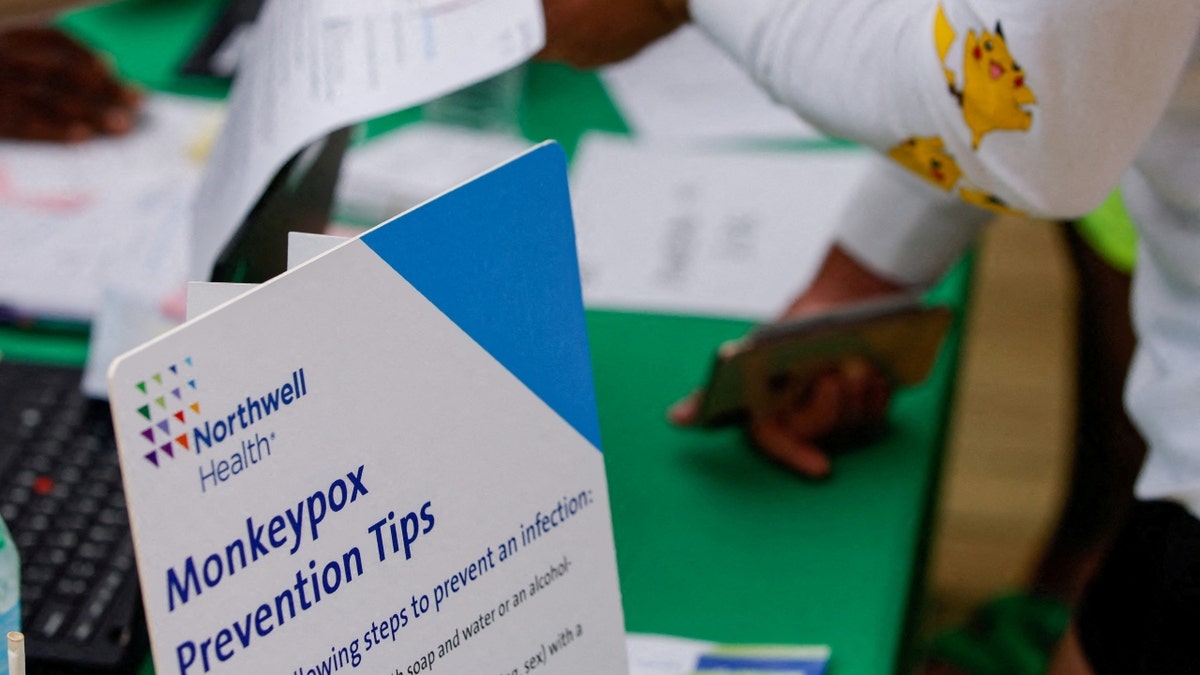Fox News Flash top headlines for July 23
Fox News Flash top headlines are here. Check out what's clicking on Foxnews.com.
The World Health Organization (WHO) has declared that the international monkeypox virus outbreak now constitutes a Public Health Emergency of International Concern (PHEIC).
While the United Nations (UN) health agency had previously debated the matter, WHO director-general Tedros Adhanom Ghebreyesus explained in a media briefing on Saturday that the International Health Regulations (IHR) Emergency Committee generally agreed that transmission of the virus at the time "did not represent a [PHEIC]."
Since then, he noted, the monkeypox outbreak has continued to grow, with more than 16,000 reported cases from 75 countries and territories.
There have been five confirmed deaths.
FINANCIALLY STRAINED SEXUAL HEALTH CLINICS ARE ON THE FRONTLINE TO RESPOND TO MONKEYPOX
Tedros said there was a clear risk of further international spread, although noting that the risk of interference with international traffic remains low.
The WHO's current assessment is that the risk of monkeypox is moderate around the world and in all regions with the exception of Europe, where the risk is assessed as high.
Notably, the committee did not reach a consensus regarding its advice on the determination of a PHEIC during the second meeting.

A medical professional prepares a dose of the monkeypox vaccine on July 23, 2022, in London. (Hollie Adams/Getty Images)
Tedros made the decision having considered the views of committee members and advisors, in addition to other factors in line with the IHR.
"Although I am declaring a public health emergency of international concern, for the moment this is an outbreak that is concentrated among men who have sex with men, especially those with multiple sexual partners," Tedros noted.
NEW YORK COUNTY CONFIRMS CASE OF POLIO
"That means that this is an outbreak that can be stopped with the right strategies in the right groups," he said.

This 2003 electron microscope image made available by the Centers for Disease Control and Prevention shows mature, oval-shaped monkeypox virions, left, and spherical immature virions, right, obtained from a sample of human skin associated with the 2003 prairie dog outbreak. Monkeypox, a disease that rarely appears outside Africa, has been identified by European and American health authorities in recent days. (Cynthia S. Goldsmith, Russell Regner/CDC via AP)
The leader urged that it is essential for all countries to work closely with communities of men who have sex with men, as well as deliver effective information and services and adopt measures that protect the "health, human rights and dignity of affected communities."
He warned against stigma and said that with the tools the world currently has at its disposal: "we can stop transmission and bring this [monkeypox] outbreak under control."
Although monkeypox virus has been established in central and west Africa for decades, it was not known to spark large outbreaks beyond the continent or to spread widely among people until May.

FILE PHOTO: A person arrives to receive a monkeypox vaccination at the Northwell Health Immediate Care Center at Fire Island-Cherry Grove, in New York, U.S., July 15, 2022. (REUTERS/Eduardo Munoz/File Photo)
In the U.S, the Centers for Disease Control and Prevention (CDC) have reported 2,891 confirmed monkeypox and orthopoxvirus cases – the majority of which are in New York, where vaccination efforts have faced technical issues.
Although most cases have been seen in gay or bisexual men, experts caution that anyone is at potential risk.
People normally become infected with the monkeypox virus through contact with the skin lesions or bodily fluids of infected animals or humans or through contact with materials contaminated with the virus.
Monkeypox, which is related to smallpox, has milder symptoms.
CLICK HERE TO GET THE FOX NEWS APP
Some symptoms of monkeypox include fever, chills, rash and aches, before lesions develop.
The Associated Press contributed to this report.


